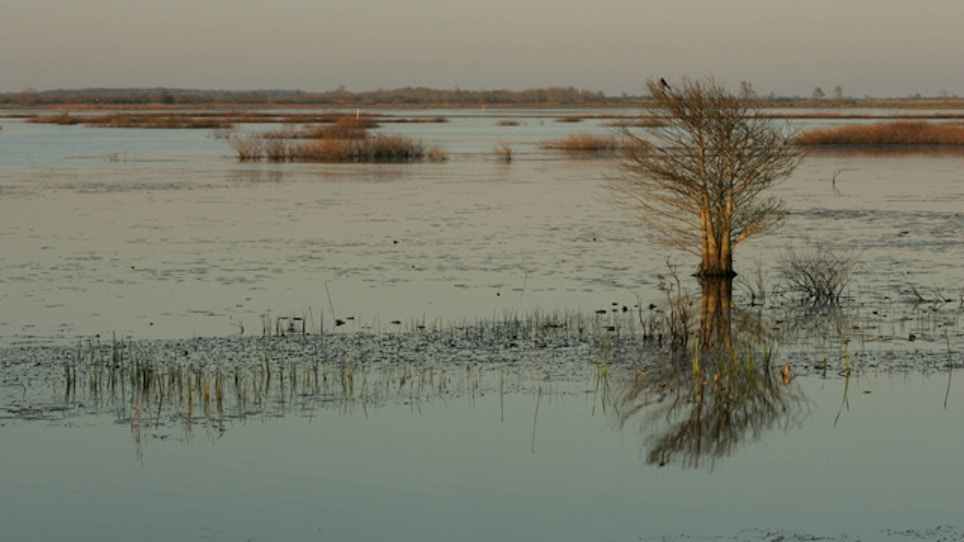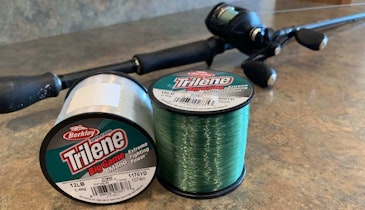An alarming report from the U.S. Fish and Wildlife Service and the National Oceanic and Atmospheric Administration paints a bleak picture of wetland loss across the country, with the Gulf Coast seeing more than 250,000 acres lost from 2004 to 2009. The report adds that nationwide, wetland habitat is decreasing by an average of 80,000 acres per year.
There are currently about 41 million acres of wetlands in the contiguous United States, the report says.
"Watersheds along the Atlantic and Gulf of Mexico coasts experienced an overall net loss of an estimated 60,180 acres annually," the report says. "Attribution of these losses pointed to development and other human activities as the principal cause of loss in the Gulf of Mexico and salt water intrusion or inundation as the primary cause of the losses observed in the mid-Atlantic region."
And according to experts at Ducks Unlimited, that means fewer waterfowl for Louisiana hunters.
"In coastal Louisiana, we've lost so much coastal marsh since the 1970s that today's available habitat supports an estimated 3 million fewer ducks," said Tom Moorman, DU director of the Southern Region.
Most disturbing is the loss of so-called "freshwater forested" wetlands, mainly due to suburban development.
"In the freshwater system, emergent marshes and shrub wetlands increased in area; however, freshwater forested wetlands declined by an estimated 405,700 acres resulting in a net loss of freshwater vegetated wetland area of 328,800 acres between 2004 and 2009," the report adds. "The area of freshwater ponds increased by almost six percent, although many were located in urban or suburban developments as likely water detention ponds or ornamental ponds as opposed to targeted wetland reestablishment projects."
But it's not all bad news. Some of the bright spots of the report include an increase in duck habitat in the Great Lakes and some regions of the coastal Southeast.
"Although both saltwater and freshwater wetlands sustained net losses between 2004 and 2009, some coastal wetland gains occurred through reestablishment projects," the report says. "These were most prevalent on agricultural lands primarily in the coastal watersheds of the Great Lakes, South Carolina, Georgia, and the upper reaches of the watersheds in central Florida."
Be sure to read the full report from the Fish and Wildlife Service and NOAA here and reach out to Ducks Unlimited for suggestions on how to help reverse the trend.






